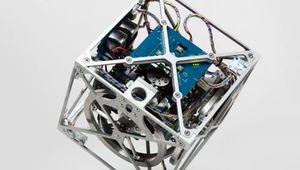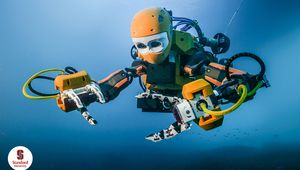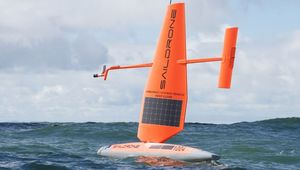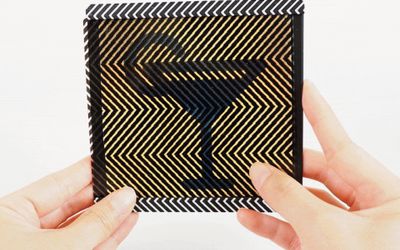SpiderCam
A cable robot, which consists of a mount, 8 cables connected to 4 winches.
Overview
The SpiderCam is a cable robot, which consists of a mount, 8 cables connected to 4 winches, and a controller. The winches cause the mount to fly by increasing and decreasing the cable lengths. The mount is supplied with power and data transmission by cords inside the cables. The SC is controlled via CAN-Bus. It needs position changes as control input and delivers absolute positions based on the internal cable length measurement. The Spidercam can load 150 kg of equipment.
Specifications
- Weight: up to 150 kg Load
- Power supply: 4 x 32 A, 400 V
- Speed: max: 2000 mm/s
- Sensors: 8 absolute encoders
- Manufacturer: Spidercam GmbH
- Max acceleration: 1529 mm/s²
- Position Accuracy: < 5 mm
- Degrees of freedom: 3 (horizontal and vertical movements)
- Working area: approx. 16m x 7m x 6m (l x w x h)
References
Recommended Specs
Continue Reading
How CAMS, the Cameras for Allsky Meteor Surveillance Project, detects long-period comets through machine learning
Designed to monitor the whole sky for signs of meteors, which can be traced back to their cometary origins, the CAMS project has recently received a big upgrade to its detection and visualization pipeline — with the SpaceML project bringing citizen scientists into the mix.








